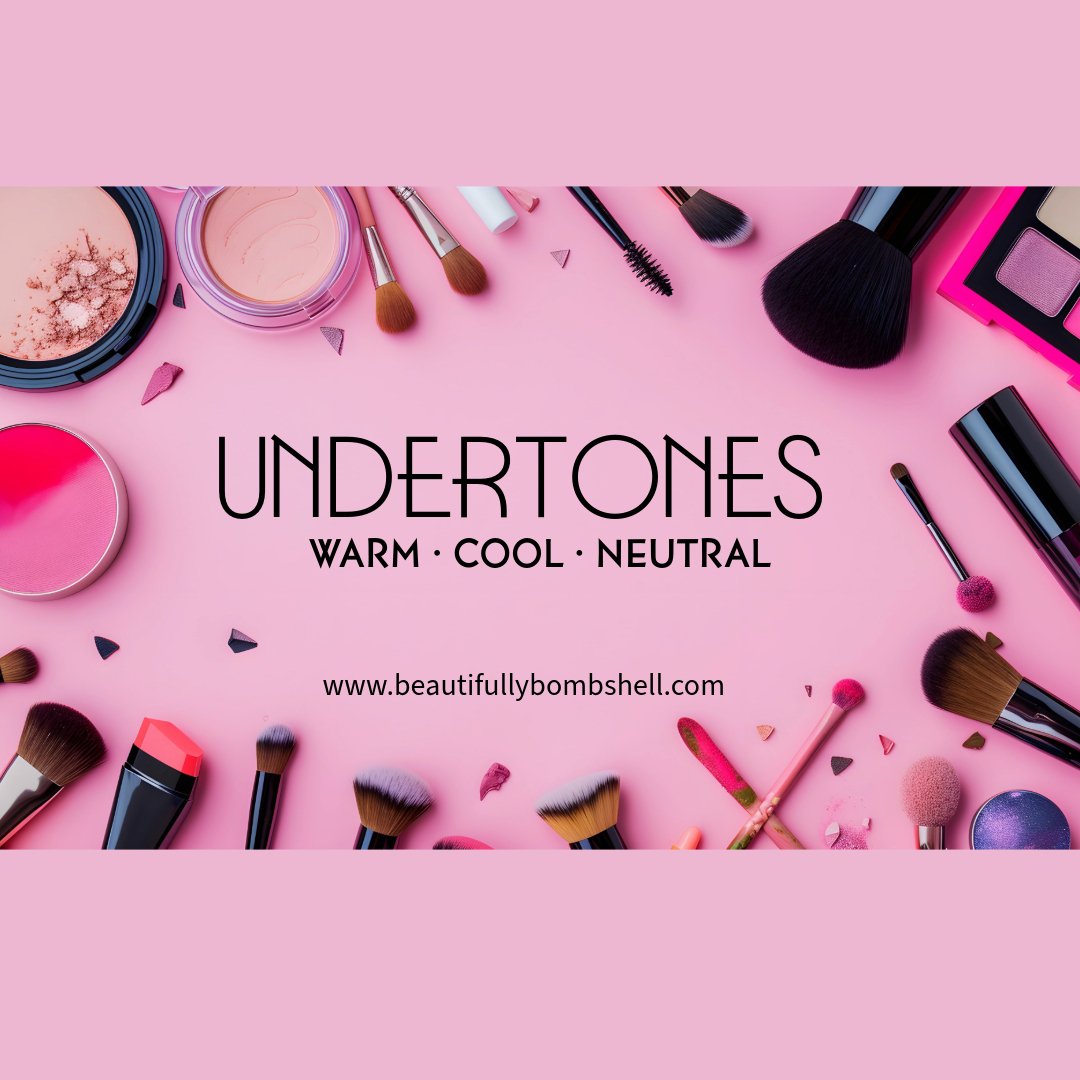What's Your Type? (Skin Types)
Before you can start to put together your skincare plan, you need to first understand your skin and its needs. Unfortunately, there is not just that ONE magical product to help us all so there will be a large amount of trial and error in this process. The first step is determining your skin type! This is a crucial step because it will determine what type of products you will be searching for on your quest for a well-nurtured, healthy face. In this article, we are going to talk about the different skin types, and their characteristics, and a little about how to remedy them.
DRY SKIN
Dry Skin is best described as flaky, dry, and tight. People with dry skin are prone to wrinkles and aging so they benefit from the use of moisturizers that are rich in texture. Dry skin, in appearance, on fair skin rear their ugly heads as fine lines, wrinkles, flaking, and red patches. For women of Color, dry skin shows as ashy or dull complexion with no glow to it.
The resolution? You need to help your face retain water because well-hydrated and supple skin is jam-packed with water!
“Think of your skin like a sponge. You wet it when you expose it to water making it soft and pliable. Just like a sponge, that water will dry out, leaving a hard rough surface, unless you do something. That’s where moisturizer comes in.”
— CYNTHIA BAILEY M.D. OF WWW.DRBAILEYSKINCARE.COM
THINGS TO CONSIDER
The best time to apply your moisturizers is after a shower or bath as pores are open and it will absorb better
Creams are better than lotions because they are thicker
Consider Fragrance-Free because it can dry your skin out
Is the air dry in your house? Consider a humidifier and lowering the temp in your home.
As much as you will hate me for saying it, shorten the time in showers or baths! Over-exposure to the water and steam/heat created can dry out your skin
Products that contain ingredients like glycerin, lanolin, lactic acid, mineral oil, petroleum jelly, jojoba oil, shea butter, extra virgin olive oil, extra virgin coconut oil, and almond oil work very well with water retention.
OILY SKIN
Is your face a little shiny around your cheeks, nose, forehead, and chin? Are your pores enlarged and do you have frequent breakouts? Well, it seems that you very well may fall into the oily skin club...Welcome to the Club! They don't have any cool perks or a mascot or anything but are prone to "shine bright like a diamond." A perk to having oil skin is that you are less prone to aging and wrinkling.
THINGS TO CONSIDER
Don't use rich creams
Frequently and thoroughly cleanse your skin, exfoliate twice a week with a gentle scrub
Look for oil-free products
Limit heat or humidity exposure, it causes your face to produce even MORE oil. And you didn't think that was possible, did you?
NORMAL/COMBO SKIN
Normal Skin is bright, smooth, elastic, and requires minimum care. Those with normal skin have few to no imperfections, their skin is radiant and they barely have visible pores. Sometimes normal skin is borderline to the characteristics of combination skin, which is why a lot of skincare manufacturers bundle them together.
People with combination skin experience oil in what is called the T-Zone, named as such because it is made up of the forehead, nose, and chin. Clever. While you have a few issues with oil, you also have to deal with dryness on your cheeks and sometimes also your forehead. This is the most common skin type by far and requires a little work to find the product(s) to resolve multiple issues.
THINGS TO CONSIDER
Exfoliate twice a week
Use a heavy moisturizer for dry areas
Astringent works wonders for oily areas
SENSITIVE SKIN
Those with sensitive skin typically experience tightness due to dry skin but because their skin is delicate, it is more easily inflamed and irritated from things like the sun and harsh contents in products. This is the trickier of the skin types and is best resolved by working with a dermatologist.
THINGS TO CONSIDER
Fragrance-Free products
Mild products formulated for sensitive skin
So what's your type? Have any stories to share about your experience within your skin type? Any changes in skin type over the years? Please feel free to leave a comment.
RESOURCES
Derrick, Julyne. "Skin Care: How to Tell What Type of Skin You Have."About.com. N.p., 27 Oct. 2015. Web. <http://beauty.about.com/od/skinflaws/a/skintypes.htm>.
"Skin Types and Care: Normal, Dry, Oily, Combination, Sensitive." WebMD. WebMD, n.d. Web. <http://www.webmd.com/beauty/face/whats-your-skin-type?page=1>.
Bailey, Cynthia, M.D. "What Are The Best Moisturizers For Dry Facial Skin?"Dr. Bailey's Skin Care Blog. N.p., 13 May 2011. Web. 17 Jan. 2016. <http://www.drbaileyskincare.com/blog/what-are-the-best-moisturizers-for-dry-facial-skin/>.






Affiliate Disclaimer
Keep in mind that I receive compensation from the purchase of products and services linked on this page All content created in partnership with a brand will be specifically disclosed if applicable. However, neither of these scenarios impact my reviews. Find more info related to this disclosure under Terms & Services.